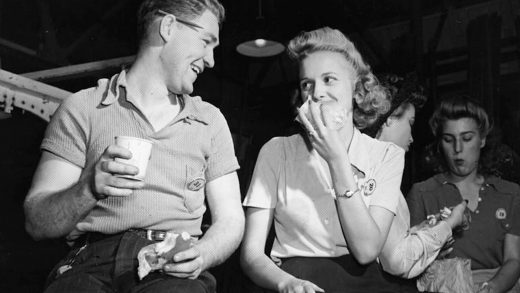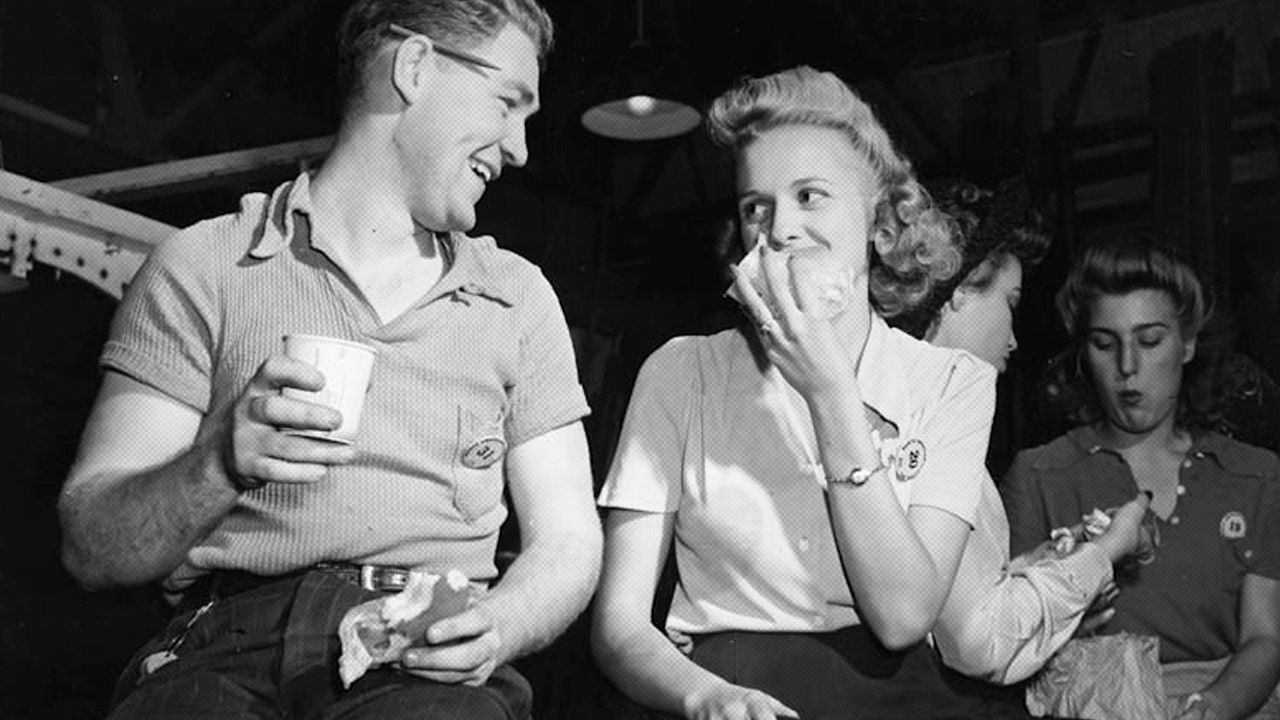How To Turn A Work Friend Into A Real Friend
Friends make life better, and work is an easy place to meet potential friends for a simple reason: We spend a lot of our lives there. If you are fortunate enough to have a work friend who is also a real, rest-of-life friend, you score several upsides. These friends are “uniquely empathetic,” says Jessica Methot, assistant professor of human resource management at Rutgers University, “they make the workplace a lot more fun,” and they improve job performance as you gain access to information and networks.
Yet turning work acquaintances into true confidants can be tricky. You have to change the boundaries of the relationship and navigate office complexities. Here are some strategies for making that switch.
Be Choosy
Some people assume more friendships are better. But research shows that’s not the case. Maintaining too many work friendships can be “difficult, draining, and distracting,” says Methot, based on her studies of workplace social networks. “I would not encourage employees to make this transition with everyone. One or two really close workplace friends can be a wonderful way to produce a really comforting, really supporting, engaging work environment. Too many of them is really going to present too many challenges,” she says.
Look for a person or two who seem to have similar interests or similar lives, but remember that “a lot of times the biggest thing is that you laugh at the same things,” says Karl Staib, founder of Work Happy Now, a leadership training and coaching firm.
Test The Waters With Lunch
“Start by breaking bread with them,” suggests Staib. Sharing food is a natural way to build relationships, and lunch and coffee breaks happen during the work day, so it’s no big deal to suggest.
But if you want to create a relationship that exists outside of work, then “the most important thing is to get outside the office,” says Dave Kerpen, author of the new book The Art of People. Skip the cafeteria and walk to a restaurant instead. “That gives you a safe atmosphere in which to ask questions and explore conversations outside of work.” This may be why teams that travel together find it easier to bond than others. They’ve already left their home turf.
Then Try It Again
It’s a funny truth of human nature that people like you more the more they see you. Intimacy is built by repeated proximity. “The more time you spend with someone, the more you find out about them, and the more you identify deeper similarities as opposed to superficial similarities,” says Methot. So once you’ve had lunch once and enjoyed it, think about having lunch every Wednesday, or grabbing coffee after your Tuesday and Thursday meetings together.
Open Up
Being a good listener is a classic way to win friends and influence people, but the conversation can’t just go in one direction. “There has to be this symmetry of self-disclosure,” says Methot. Share something meaningful about your life and you will both feel closer to each other.
Play To Your Interests
Once you know what you’re both passionate about, you can suggest an outside-work get-together that involves these activities. Two runners could meet for a weekend long run. Jody Robbins, who built friendships with several women at a marketing job that she still keeps in touch with years later, started going to the gym with one of these coworkers regularly. “You have to have some shared experiences to create memories,” she says. If you’re both foodies, you might go to a festival or wine tasting together.
Then Bring In Others
If you’re meeting for drinks after work regularly, invite your spouse or your non-work friends to join you for one of these get-togethers. “The more people they meet in your personal network, the closer you’re going to be,” says Methot. Once you’ve met each other’s significant others, it’s a small step to start getting together as couples or families, which knits the ties even more.
Know There May Be Complications
Even if you become great friends, you do still work together. So there may be some topics you choose to avoid. Gossiping about coworkers is a big one. “Great people talk about ideas rather than other people,” says Kerpen, and this is probably a good idea to keep in mind.
You or your work friend might be promoted over one another, or moved to different departments, or laid off. But your response to these events can truly cement the friendship forever. “You’ve got to take those risks,” says Staib, and it’s certainly not a reason to avoid work friendships: “If you live your life thinking like that and worrying about that, then you’re holding yourself back from great relationships.”
Indeed, it’s almost inevitable that the “work” part of your friendship will disappear at some point. Jobs are temporary, but “the relationships you make in one job can serve you through the rest of your life,” says Kerpen.
Robbins has found this to be the case. She and her friends bonded over bad business trips and drinks. They all left the company eventually, but still get together a few times a year. “They’re friends now,” she says. “I forget we worked together.”
Related Video: How These Historical Figures Advise Dating a Coworker
Fast Company , Read Full Story
(49)





